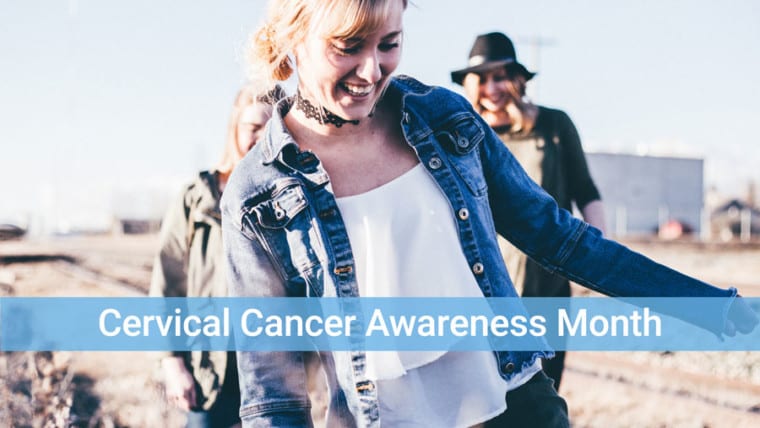What Is Colon Cancer?
Colon cancers refer to cancers found in the rectum and large intestine. Most times, colon cancers start out as a small polyp and can found on routine colonoscopy. The polyp, if left undiscovered, will continue to grow silently until it becomes symptomatic. Cancer risks depend on polyp size and type.
Facts
• There will be an estimated 140,250 cases of colon cancer this year.
• 1 in 20 people will be diagnosed.
• 1 and 3 people are not up to date with their screening
• 60% of colon cancer deaths could have been prevented with proper screening.
• 25% of people diagnosed have a family history. Know your family.
• There are more than 1 million colon cancer survivors.
Which Polyps Are Worrisome?
Polyps are typed as low or high-grade dysplasia and then further categorized by their villosity. Villous polyps are stratified into tubular, villotubular and then villous with the villous being the most likely to proceed to becoming malignant. Polyps larger than 1cm or serrated or flat have a higher incidence of becoming malignant. Most polyps, around two thirds, are adenomas are found on routine colonoscopy but carry a low risk of turning into cancer. Sessile serrated adenomas are found in about thirty percent of colonoscopy but carry a higher risk of a 70% chance of malignancy. These polyps are relatively flat and usually found on the right side of the colon.

What Are the Symptoms?
Signs of colon cancer can be vague and as simple as a change in bowel habits. Other symptoms of colon cancer include rectal bleeding, sudden and unexplained weight loss, and anemia of unexplained origin.
What Are the Causes?
Researchers are not certain as to what causes most colon cancers. Risk factors, however, have been identified.
*Age greater than 50
* African American
* Family history of colon cancer or other cancer like breast or lung
* Inflammatory bowel diseases
* Low fiber – high-fat diet
* Diabetes
* Obesity
* Smoking
* Excessive alcohol
* Genetics
Familial adenomatous polyposis (FAP)
Lynch syndrome (hereditary non-polyposis colon cancer, or HNPCC)
Peutz-Jeghers syndrome
MYH-associated polyposis (MAP)
What Can Reduce My Risks?
You can help reduce your risk with a healthy diet. Patients that consume large amounts of ultra-processed foods have been found to have a higher risk of colon cancer. Eating fruits, vegetables, and whole grains is a great start. Whole food diets are becoming more popular and increase fiber naturally. Quitting bad habits such as smoking and excessive alcohol can also reduce your risk. Obesity has been linked with a higher incidence of colon cancer, so lowering your body mass index can help reduce your risk as well. Regular screenings are also recommended. Colonoscopy is recommended in most patients starting at age 50. Newer studies are recommending colonoscopy screening in African Americans starting at age 45. Of course, if you have family members with colon cancer younger than age 60, screenings are recommended at age 40. Stool studies can also be performed looking for altered DNA in common colon cancers (FIT fecal immunochemical test) and this can also be performed and has been found to have about a 79% sensitivity. Cologuard is one commercially available test that can be sent to your home to be completed. It is recommended that stool studies be used in low-risk patients that are young in age and no family history of colon cancer in the family. Colonoscopy if still considered the best test at this time as it directly visualizes the inner colon.
What Is the Colonoscopy Test Like?
The colonoscopy test is performed with the patient lying their side with mild anesthesia called conscious sedation. A scope is inserted and advanced to visualize the entire colon. Most patients sleep through the test. The patient needs to be properly prepared and most patients feel this is the worst part of the test. The patient is instructed to be on a clear diet one day prior to the procedure and the night before. The evening prior, the patient takes a laxative to completely clean the colon out of debris. Poor prep can cause a missed polyp so prepping properly is very important. It is also very important to take a family member or friend with you to speak with the doctor. The anesthesia can cause you to forget the details the physician shares with you.
Why Is It Important to Have a Colonoscopy?
Finding a polyp and removing it can save your life! Finding colon cancer in stage 1 (localized) has a 90 % survival rate. Stage 5 denotes the cancer has spread outside of the colon and found in other parts of the body and this stage has a 14% survival rate. Stage 5 colon cancer is treated with chemotherapy and surgery and this treatment is difficult to tolerate. So early detection is worth it!
How Often Do I Need to Have a Colonoscopy?
Most patients have a colonoscopy every 10 years unless polyps are found. If polyps are found, the pathology of the polyps will determine the follow-up colonoscopy. Usually, repeat colonoscopy is indicated every 2- 5 years thereafter.




